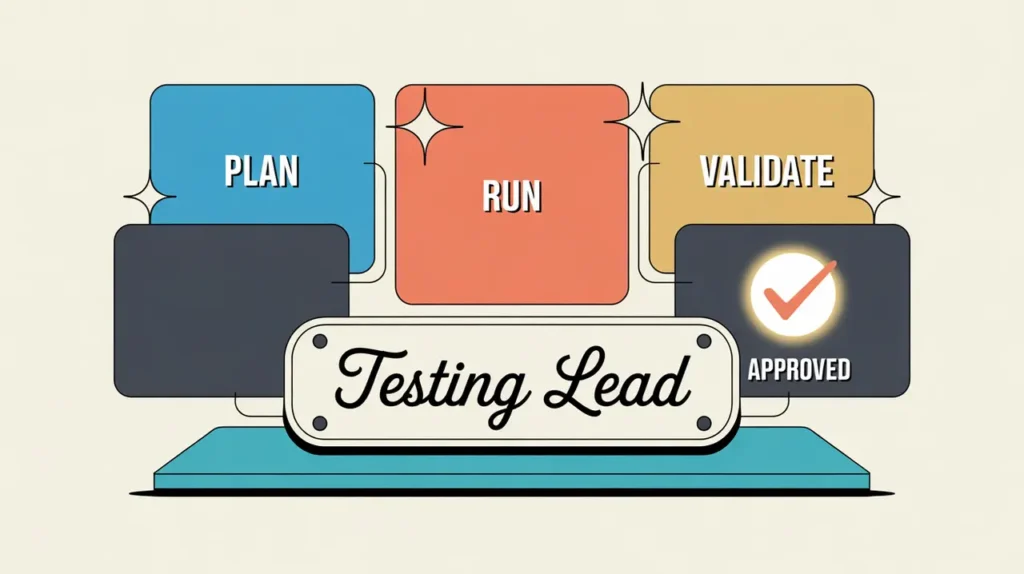What Does the Support Associate Role Involve?
A Support Associate is responsible for providing administrative, technical, or operational assistance to teams, programs, or departments. They help ensure that daily activities run smoothly by handling routine tasks such as scheduling, data entry, communications, documentation, and basic troubleshooting. Their work underpins the efficiency and effectiveness of teams, allowing managers and specialists to focus on higher-level responsibilities.
In nonprofits and social enterprises, Support Associates play a crucial role in maintaining well-functioning systems, ensuring consistent service delivery, and supporting organizational operations across a range of functions such as programs, finance, technology, partnerships, or communications.
At What Level does this Role Operate?
Entry to Mid Level: Support Associates typically report to team leads, managers, or officers, depending on the department. They work under structured guidance but often have autonomy in carrying out routine processes and supporting multiple stakeholders simultaneously.
Relative Employability: Support Associate roles are widely available across nonprofits, NGOs, foundations, and social enterprises. They offer strong entry points into specific functional areas (such as programs, operations, finance, or technology) and are particularly valuable in organizations that rely on cross-functional coordination and efficient administrative processes.
Relative Pay Scale: Support Associates generally occupy the lower to mid pay bands, reflecting their role as operational and administrative contributors. Compensation typically aligns with similar associate-level positions across functions.
What are the Key Responsibilities and Activities?
- Provide administrative support, including scheduling, document preparation, and meeting coordination
- Manage data entry, records, and information systems to ensure accuracy and accessibility
- Assist in drafting and formatting reports, presentations, and communications
- Handle routine communications with internal teams, partners, or stakeholders
- Support procurement, logistics, or operational processes depending on departmental needs
- Help track project timelines, deliverables, and documentation requirements
- Provide basic technical or platform support within their functional area
- Contribute to continuous improvement by identifying and suggesting efficiency enhancements in workflows
What Core Competencies and Qualifications are Needed?
Required Qualifications and Experience
The following reflect common qualifications and experience expected for this role, while recognizing that pathways may vary by context, organization, and region.
- Relevant academic background or vocational training depending on the functional area (e.g., administration, business, communications, IT)
- Experience in administrative, operational, or support roles is advantageous but not always required
- Proficiency with office software and collaboration tools
- Strong organizational and communication skills
- Ability to manage multiple tasks with attention to detail
Key Competencies
- Organizational and time management skills
- Attention to detail and accuracy in documentation and data entry
- Clear written and verbal communication skills
- Reliability and consistency in following workflows
- Problem-solving and adaptability to shifting priorities
- Collaborative mindset and ability to support multiple stakeholders
How are AI and Automation Shaping this Role?
An AI-native Support Associate can use AI to automate routine administrative tasks, schedule meetings, generate drafts of documents, and maintain data accuracy through real-time error detection. AI tools can support faster information retrieval, automate reporting, and streamline communications, allowing associates to focus on higher-value coordination and problem solving.
What Career Pathways and Transferable Skills are Associated with this Role?
Support Associates can progress to roles such as Officer, Coordinator, Specialist, or Manager within their functional area (e.g., Program Officer, Operations Specialist, Communications Coordinator). Their organizational, communication, and administrative skills are transferable to multiple pathways across departments. Over time, they may specialize in a particular function or move into project management, strategy, or leadership roles depending on their interests and experience.







